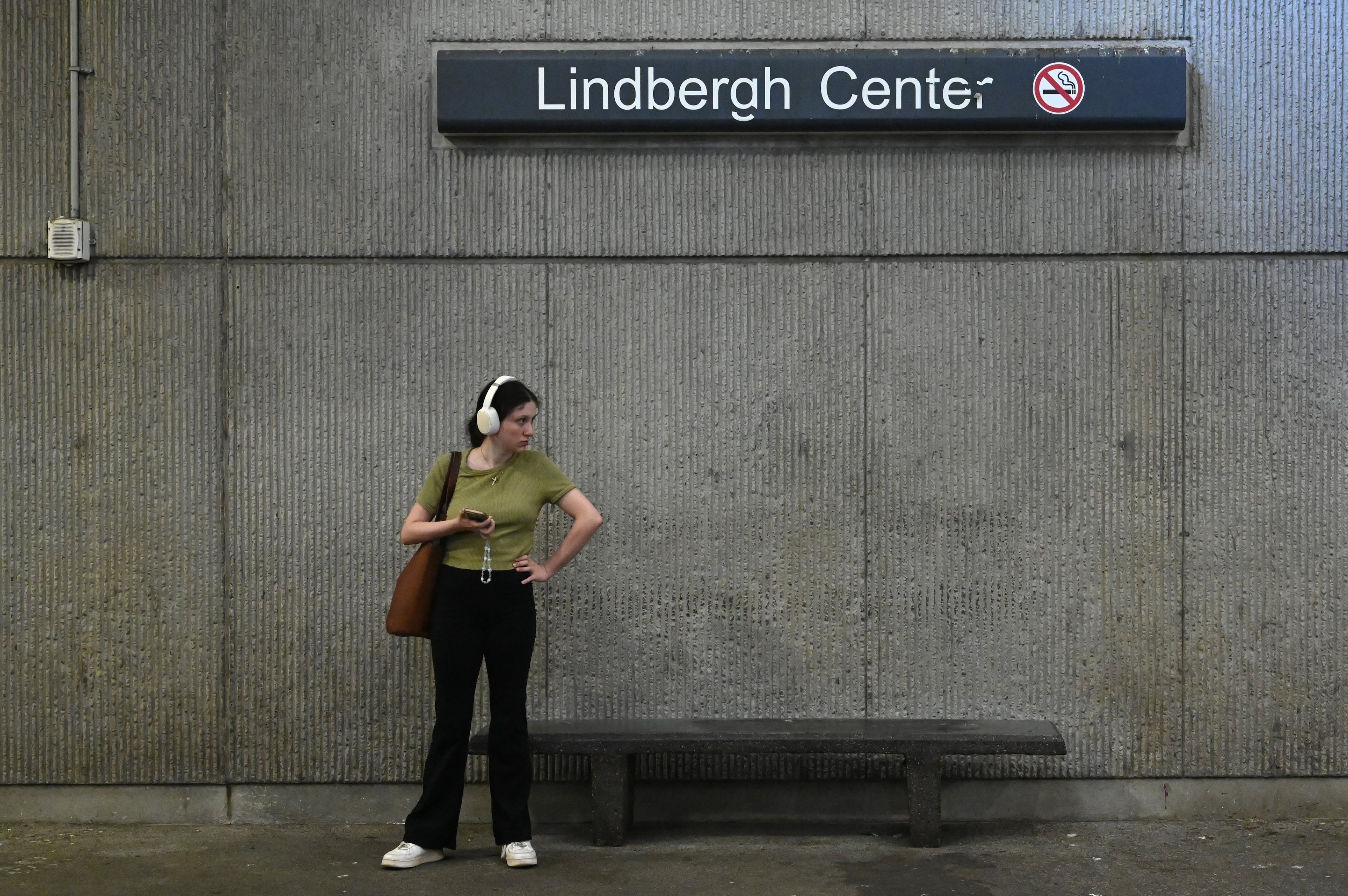Georgia judge rules Rivian plant critics should not pay state’s legal fees

A judge ruled Friday that a group of residents will not have to pay legal fees to the state of Georgia or a local authority after unsuccessfully suing to try to stop Rivian’s planned electric vehicle factory east of Atlanta.
Morgan County Judge Stephen Bradley denied the governments’ request for legal fees, highlighting the power difference between state-backed entities and the resident litigants. The pursuit of legal fees by the state and a local development authority raised questions about what constitutes frivolous lawsuits, the power of government to go after residents for legal costs and First Amendment rights.
“No truly aggrieved citizen should be prohibited from suing to test the legality or constitutionality of the governments’ claims,” Bradley wrote in his opinion. “And any precedent that could allow political actions and costs to be off-loaded to complaining litigants would be untenable.”
The lawsuit originated as a battle over the zoning of the roughly 2,000-acre Rivian project site along I-20 in southern Morgan and Walton counties. The state assumed control of the site before local officials could vote on whether to rezone it for industrial use, prompting an outcry from residents opposed to the factory.

A string of lawsuits ensued, involving the same pool of Morgan County property owners. The Georgia Department of Economic Development and the Joint Development Authority of Jasper, Morgan, Newton and Walton counties — two government entities that recruited the Rivian project through incentives — defended the planned factory as a game-changing economic development opportunity for the state.
Judges ruled in the state’s favor on most of the issues raised in the residents’ lawsuits.
The state and JDA argue the final two lawsuits, which continued the debate over the factory site’s zoning, were frivolous and only designed to bog down the project in hopes of preventing it. Those nearly identical lawsuits were filed in Fulton and Morgan counties.
After prevailing, the state and JDA requested judges in both cases to order the plaintiffs to repay their legal fees — a tab that could exceed $540,000.
John Christy, the attorney representing the property owners, called the governments’ pursuit of fees intimidation. The imbalance of power between the parties was a sticking point for Bradley, who expressed reservations during a recent court hearing.
“Attorneys for the state understandably assert that their client should be treated like any other litigant,” he wrote. “However, this assertion belies the fact that the state is consistently treated very differently than others involved in a legal controversy.”
Bradley ultimately denied the request for attorneys fees, saying the citizen litigants had few other avenues to challenge the project outside the courts.
While the request for attorneys fees remains pending in the Fulton case, Christy told The Atlanta Journal-Constitution he expects the Morgan ruling will put the topic to rest.
“I don’t see that any appeal would be anything other than frivolous,” he said.

The state and JDA declined to comment on whether they would consider an appeal, which must be filed within 30 days of Bradley’s ruling. In a statement, the state and JDA focused on Rivian’s groundbreaking ceremony that is set to take place Tuesday.
“The courts have consistently ruled in favor of the state and JDA, and this ruling doesn’t change the status of the Rivian project,” the agencies said in a joint statement. “Together, we are focused on the future and delivering for Georgia taxpayers.”
Cox Enterprises, which owns the AJC, also owns about a 3% stake in Rivian.



